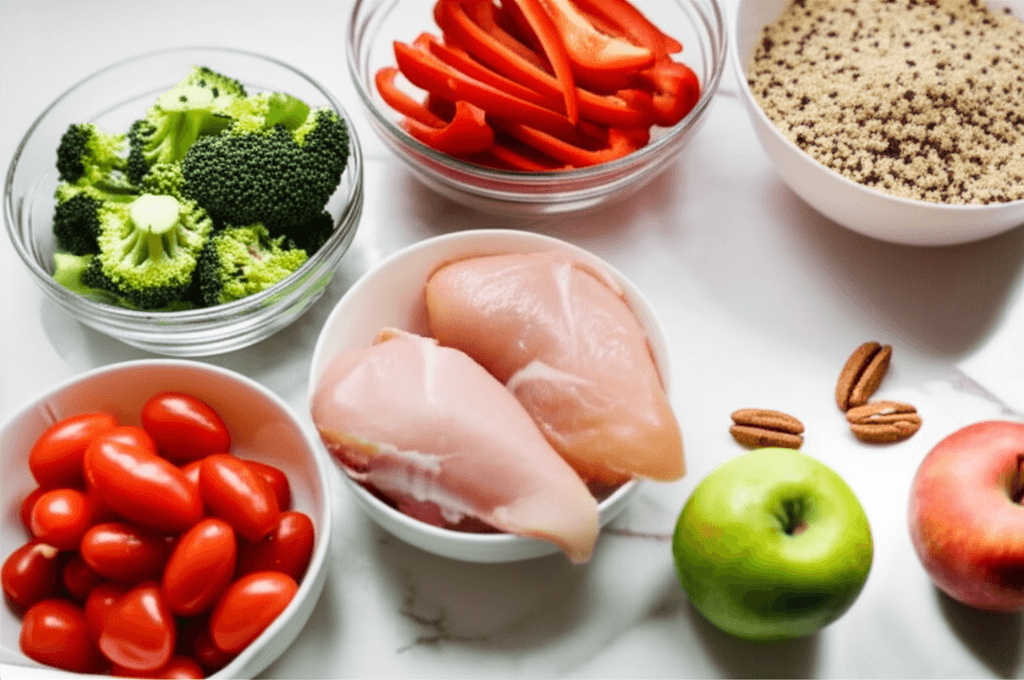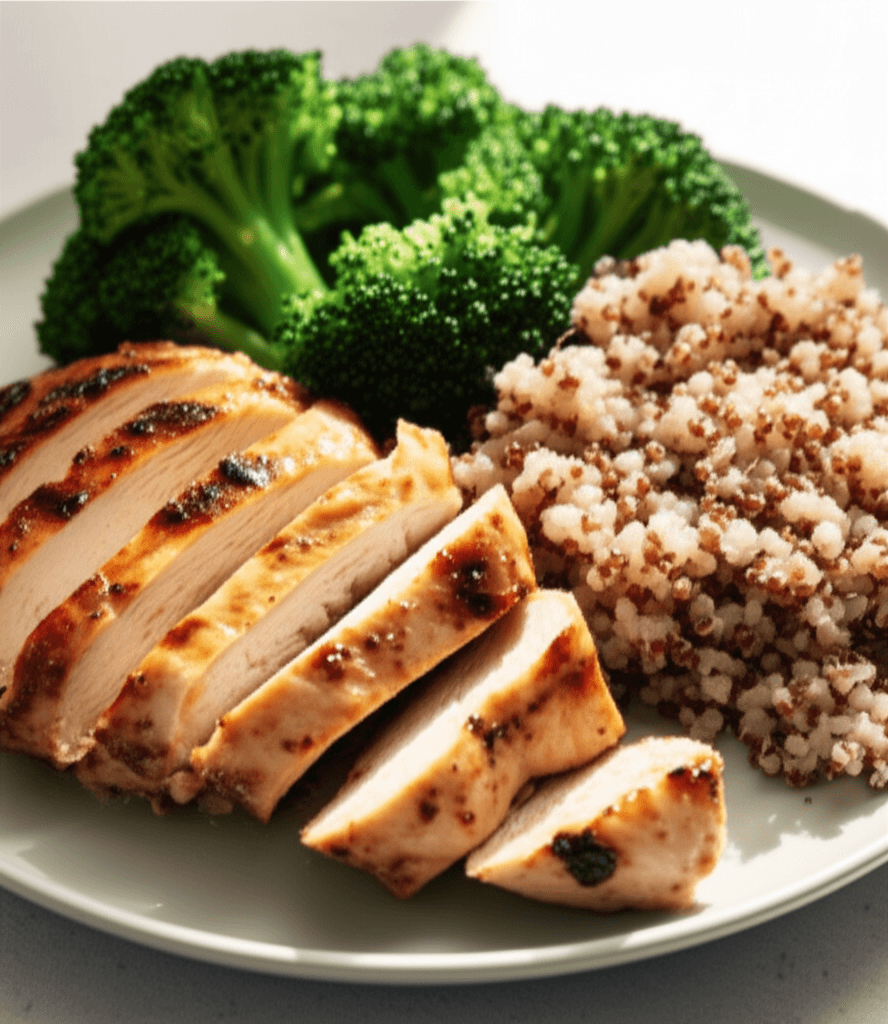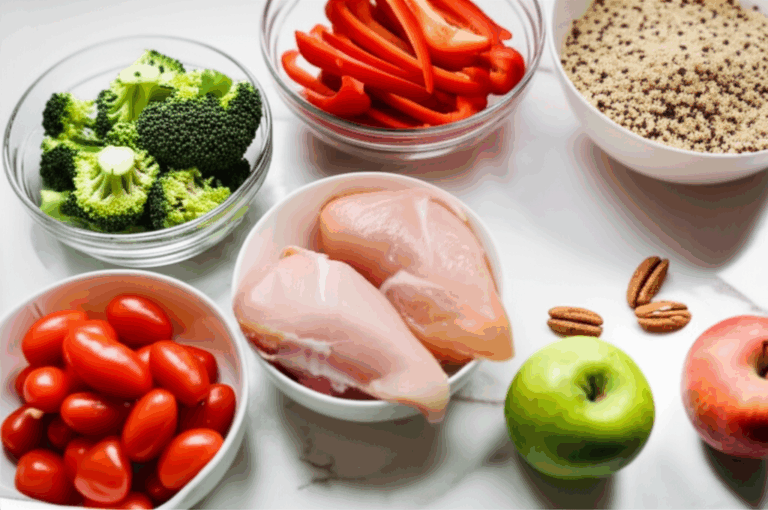Embarking on a weight loss journey can feel overwhelming, often bogged down by complex diet plans and restrictive eating. However, making small, sustainable changes to your daily meals can yield significant results. Fitness coach Raj Ganpath recently shared six practical adjustments to your eating habits that can accelerate weight loss by boosting metabolism, curbing cravings, and fueling your fitness goals.
Here are the straightforward meal-related tips to help you on your path to a healthier weight:

1. Cut Out Snacking Entirely
One of the most impactful changes, according to Ganpath, is eliminating snacks between meals. While snacking isn’t inherently bad, frequent, high-calorie snack choices can quickly lead to weight gain. Many people who struggle with weight find it easier to plan for 2-3 structured meals rather than trying to identify true hunger cues, which can be difficult.
Why Less Snacking Helps
- Reduced Calorie Intake: Snacks often contribute additional, often unhealthy, calories to your daily total. By removing them, you naturally reduce your overall energy intake.
- Better Blood Sugar Management: Every time you eat, your blood sugar rises, prompting insulin production. Since insulin is a fat-storage hormone, less frequent eating (and thus less snacking) can lead to less insulin being produced and less fat stored. Studies also suggest that fewer, larger meals may result in lower overall blood glucose levels.
- Increased Satiety: Some research indicates that reduced meal frequency can suppress hunger more efficiently than smaller, more frequent eating occasions.

2. Stick to 2-3 Meals a Day
Contrary to the popular belief that frequent small meals boost metabolism, research shows mixed results regarding the “optimal” meal frequency. The total amount of food consumed largely determines the energy expended during digestion, not the number of meals. Ganpath advocates for focusing on two to three substantial meals per day, a strategy that aligns with principles of time-restricted eating.
Benefits of Fewer Meals
- Simplified Calorie Management: Consuming your daily calories in 2-3 meals can make it easier to stay within a calorie deficit, which is crucial for weight loss.
- Extended Fasting Periods: Eating within a narrower window, often associated with fewer meals, allows the body extended periods to rest and repair, potentially boosting fat metabolism and regulating blood sugar.
- Improved Satiety: Eating fewer, larger meals can enhance satiety and reduce hunger compared to more frequent smaller meals, helping to prevent overeating.

3. Prioritize Protein in Every Meal
Protein is a cornerstone of effective weight loss. Ganpath emphasizes making protein a priority at every meal, especially breakfast and lunch, as many individuals, particularly women, don’t consume enough.
The Power of Protein
- Increased Satiety: Protein-rich foods keep you feeling fuller for longer, which reduces overall food intake and helps manage cravings.
- Muscle Preservation & Metabolism Boost: Protein supports lean muscle mass, which is vital for a healthy metabolism. Your body also expends more energy digesting protein compared to fats or carbohydrates.

4. Track Your Food Intake
Awareness is key in any weight loss journey. Ganpath advises tracking your food intake, even if just for a short period, to gain clarity and control over your eating habits.
Why Tracking Matters
- Awareness of Habits: Tracking helps you understand how much you’re truly eating, identify patterns, and pinpoint areas for adjustment.
- Strategic Adjustments: Without knowing your current intake, making the right dietary changes becomes nearly impossible. Tracking provides the data needed for strategic fat loss.
- Portion Control: Many adults struggle with proper portioning, and tracking can highlight instances where portion sizes might be too large, even for healthy foods.

5. Eliminate Sugary Beverages and Empty Calories
Sugary drinks are often “empty calories” that contribute significantly to calorie intake without providing much nutritional value or satiety. Ganpath stresses cutting out these hidden sources of calories.
Hidden Calories to Avoid
- Sugary Drinks: Sodas, fruit juices (even 100% fruit juice can be high in sugar), sweetened teas, and coffee drinks are packed with calories that don’t satisfy hunger. Opt for water, sparkling water, or unsweetened flavored water instead.
- Processed Foods: Whenever possible, avoid prepared and processed foods, which are often high in empty calories, unhealthy fats, sugar, and salt. Focus on whole foods found around the perimeter of the grocery store.

6. Drink More Water
Staying well-hydrated is a simple yet powerful tool for weight loss.
Hydration’s Role in Weight Loss
- Appetite Suppression: Thirst can often be mistaken for hunger, leading to unnecessary eating. Drinking water, especially before meals, can help you feel fuller and reduce overall food intake.
- Improved Digestion and Metabolism: Water is essential for proper digestion and overall metabolic function.
- Reduced Cravings: Adequate hydration can help minimize cravings and prevent snacking.
By implementing these six small but significant changes to your meals and eating habits, you can create a more conducive environment for faster and more sustainable weight loss. Consistency and mindful eating remain paramount for long-term success.







